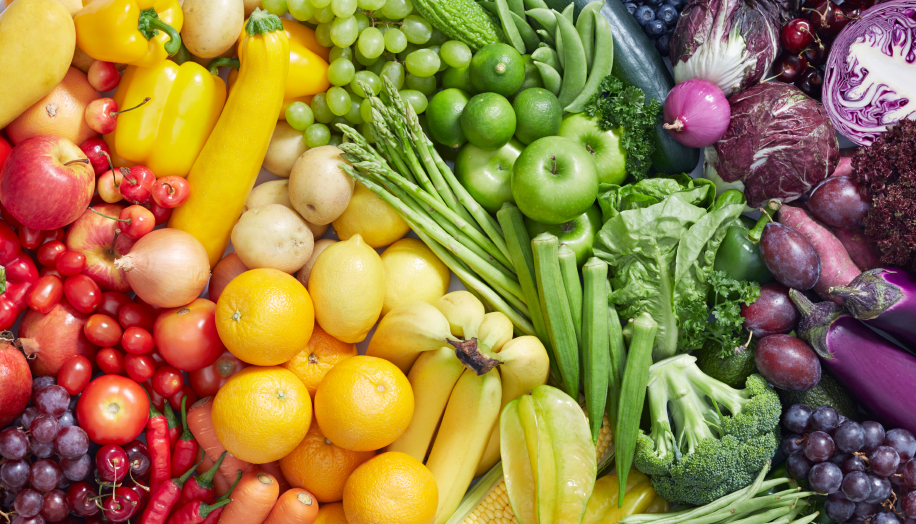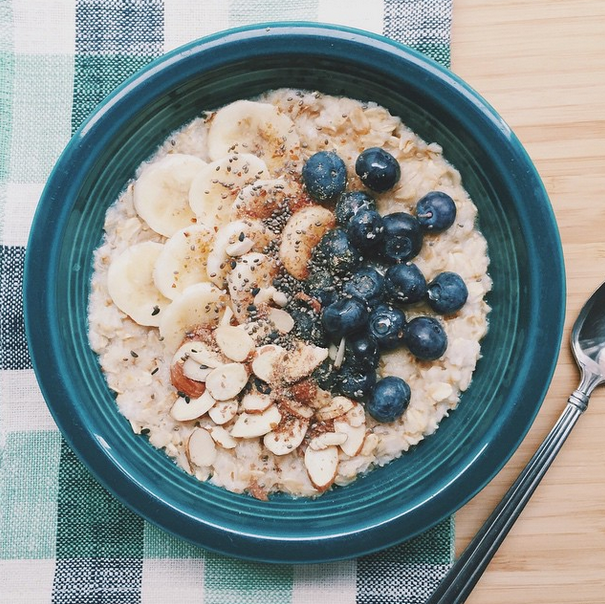Share This
Food choices are intensely personal, yet in the same spoonful, highly communal and public. Everyone eats, and the recipe for a healthy lifestyle can look different from one person to the next. From vegan to paleo, it is hard to find a successful lifestyle where unrefined, healthy carbohydrates like fruit, legumes, whole grains, and vegetables do not play an important role. Diets that severely restrict carbohydrates, like the keto diet, can raise a few red flags if not followed at the advice of a doctor.
The keto diet is not new in the medical world. Since the early 20th century, it has been known to help patients with epilepsy. In its current popular form, keto has been removed from this nuanced medical space and marketed to the public as a short-term diet for weight loss, and in the most extreme cases as a ”magic pill” for chronic diseases, as promoted in the new Netflix documentary of that very name.
A keto diet is one high in fats, moderate in protein, and extremely low in carbohydrates. By restricting carbohydrate consumption to a mere 20-50g per day (the quantity of carbs in ⅓ to ¾ cup granola), the keto diet aims to starve the body (and the brain) of glucose. When glucose stores are depleted due to starvation or extremely low carbohydrate consumption, the body enters a state of ketosis (hence the name, keto diet). In ketosis, the liver breaks fat down into ketone bodies as a secondary fuel source for the brain. While fat breakdown via ketosis can produce impressive weight loss, this “quick fix” can also come at a cost. Doctors warn that starving the brain of its primary energy source could potentially be harmful in the long-term, for patients who do not need a keto diet for medical reasons (like seizures).
There is no single dietary villain or savior – a healthy diet is a balancing act of countless different foods and nutrients. Carbohydrates are not the enemy that keto enthusiasts make them out to be. After all, they are the preferred energy source of our brain. But not all carbohydrates are created equal. Highly refined carbs (such as cake) can send a rush of sugar into our bloodstream and providing little nutritional value, while complex carbs (such as apples or barley) provide our cells with an efficient, sustained energy source and are packed with important fiber, vitamins and minerals.
When cutting through the noise of nutrition advice, keep in mind that the narratives of exclusion and extremes are not promoting helpful answers. When you bring seemingly conflicting ideas together, there is common ground to be found, centering around eating diverse, wholesome foods and trusting your common sense. So go ahead, eat that quinoa or steel-cut oatmeal. Your brain and body will thank you. (Abby)



Comments
Add a Comment